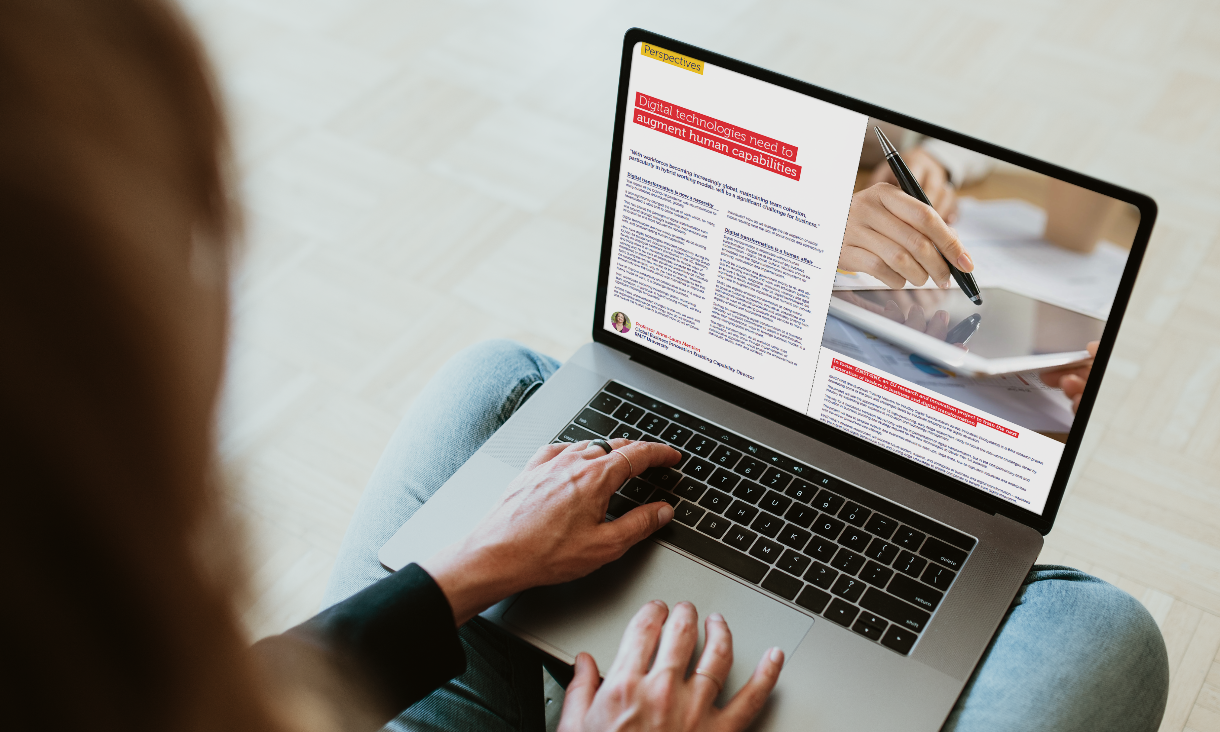The RMIT University and iMove Cooperative Research Centre project will give state and federal policymakers a clear roadmap on filling the skills gaps in the wide-ranging sector, worth more than $123 billion to the nation’s GDP (7.3%).
Researchers will look at the impact of automation and AI already being felt by the 273,000 Australian workers in the transport and mobility sector, as well as where new jobs are likely to be found and the skills they will require.
iMOVE initiated the project after consultation with industry and government partners who highlighted concerns about technology-related gaps in particular.
However, the project will take a broad view of the nature of gaps across the whole industry.
iMove Managing Director Ian Christensen said it was a timely collaboration with RMIT.
"Understanding the fundamentals of skills and training needs for the transport and mobility sector in the face of ongoing technological transformation is critical. It also forms part of the solution for unlocking much needed growth for the national economic recovery post-Covid,” he said.
RMIT Associate Professors Victor Gekera and Darryn Snell are the lead academics.
Both have extensive experience in probing occupational change and skills development questions across a range of industries including agri-foods, digital, transport and logistics, cleantech and the electricity generation industry.
Gekera noted that even before the pandemic struck the sector had long been associated with chronic skills and labour supply challenges, including difficulties with recruitment and retention of younger workers, an increasingly ageing workforce and growing skills gaps.
He explained that the recent acceleration in advanced technology adoption brought in a totally new dimension to the skill challenges.
“So far, however, there has been no comprehensive national study to provide concrete evidence of the emerging skills gaps and their implications for training needs and possible policy responses for the entire sector,” Gekera said.
Snell said there was no question Covid has shaken up the sector and it was unlikely we would return to a pre-pandemic normal in the transport sector.
“There has never been a greater impetus to get real local and global insights and understanding from industry stakeholders about what the future looks like for them – what technologies will drive change, what new skills will be needed, and what that will look like in terms of a policy response for gearing up training and education,” Snell said.
A preliminary report of skills gaps in expected by the end of this year with a follow up report outlining how this relates to training needs and international examples expected mid 2021.
See information on this project or get involved here.
Story: Jacquiline King, Rajiv Maharaj and Michael Quin




